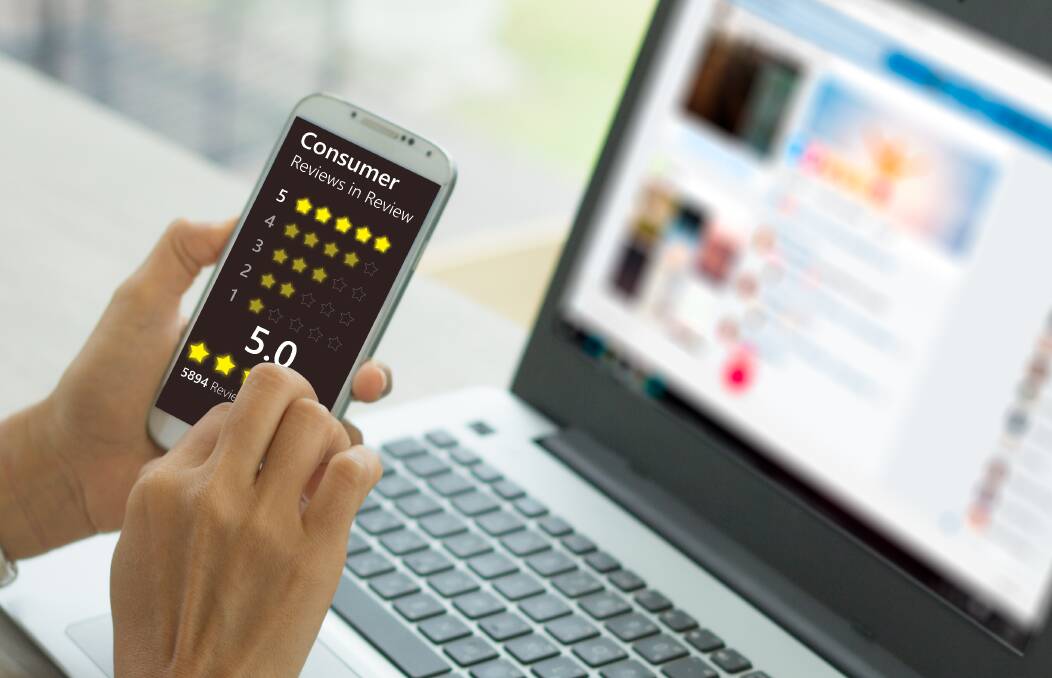
It is a trick known by buskers the world over. When you first pull out your saxophone and sit your hat on the ground ready to receive all that money from people passing by, you make sure you put some "seed" money in to start with.
You want to create an impression that lots of other people have dropped some coins in so it is OK for you to do it as well.
If the hat was empty, you would start doubting whether you should hand over any money. "Why hasn't anyone else put some money in?"
It is based on a psychological principle called social proof, which is loosely described as humans determining what is correct by finding out what other people think is correct.
All well and good for a busker and the relatively small number of people who might walk past.
How can you take the same concept and ramp it up? Hello social media and fake accounts.
When you read reviews and comments about a product or brand, it gives you that "social proof" in much the same way as a busker with money in the hat.
Two recent surveys showed the power of reviews and comments.
One survey found that 93 per cent of online shoppers said they were influenced by social media and another survey showed 90 per cent of participants said they would trust peer recommendations over traditional advertising.
What I find incredible is that we trust reviews from complete strangers - or in some cases, people that are not even real.
With that type of data available, for some companies, and some politicians, it was just too attractive an outcome not to move to the dark side.
What I find incredible is that we trust reviews from complete strangers - or in some cases, people that are not even real.
If people are so heavily influenced by online reviews and comments then the obvious answer (for some) was to create fake accounts and start leaving online reviews and comments.
A new product launches and within days there are online reviews that extoll the virtues of this new product.
Some of these fake accounts are created by people who exist and they manually create the accounts and leave the reviews but more sophisticated AI meant that bots could be used to do the work faster and more efficiently at lower costs.
Now all that glitters is not gold and this is a high-risk strategy by a political party or organisation.
In Australia, the ACCC has taken action against organisations that post fake testimonials and reviews which has involved fines but, more importantly, a loss of reputation.
Surveys show that 42 per cent of people dealing with a company would lose trust in that company if they were found to have posted fake reviews.
You might also like:
In what may well be a landmark case across the globe, the Federal Court in Australia has just ordered Twitter to disclose the identity of an anonymous account that goes by the name of "PRGuy17".
In using a fake account to influence opinion, there are times when people don't like what is said.
The response from some people is to sue the person who made the comments but, it is hard to sue an anonymous or fake account.
One particular journalist believes that "PRGuy17" has defamed him therefore filed documents in the Federal Court to reveal the name of the person behind the account.
The final outcome of this may well be the dramatic reduction in the number of fake accounts and fake reviews and potentially more honest and reasonable conversations in the online community. I may be dreaming but we can only hope!
Tell me if you base purchases on reviews at ask@techtalk.digital
- Mathew Dickerson is a technologist, futurist and host of the Tech Talk podcast.

